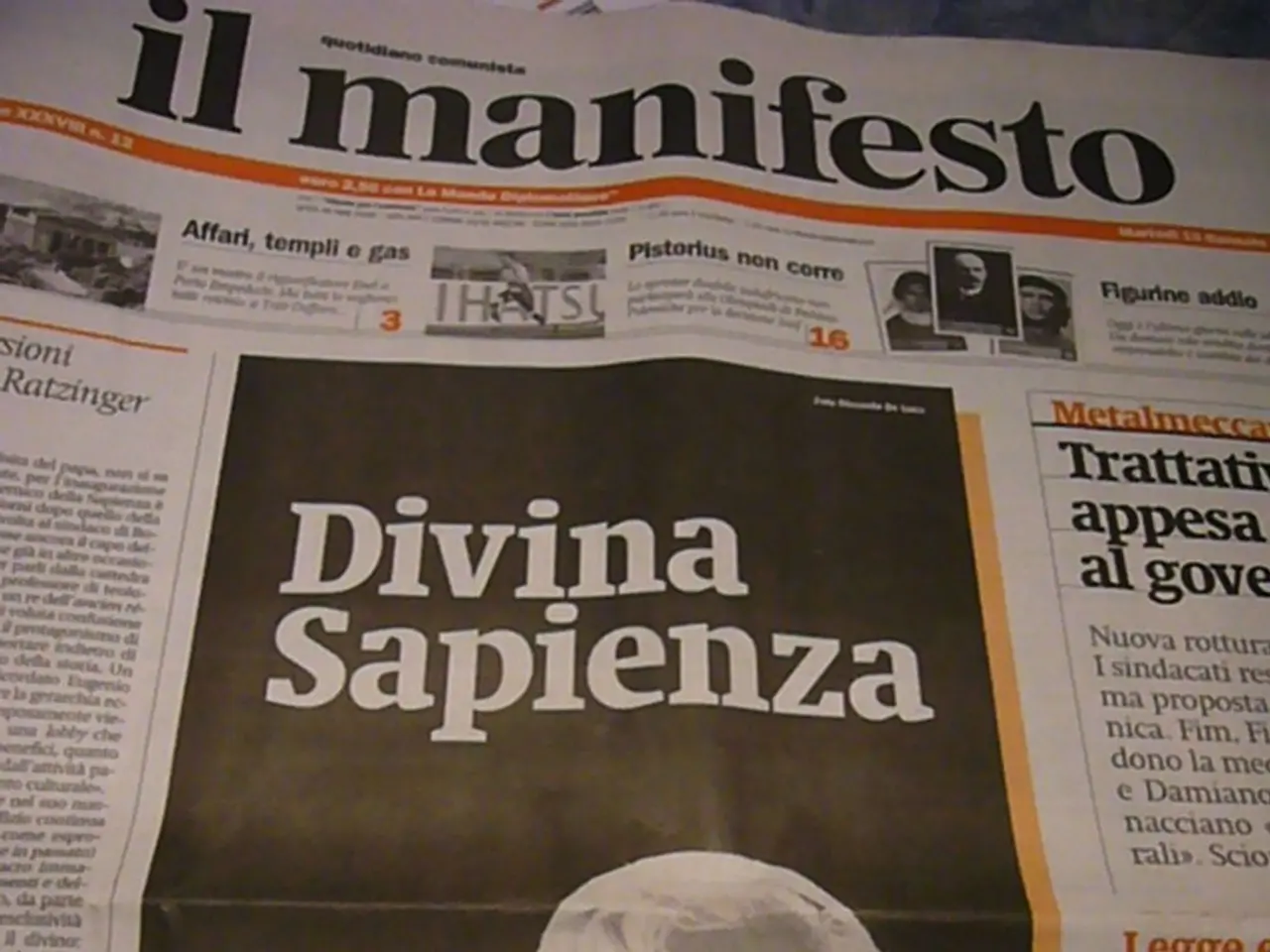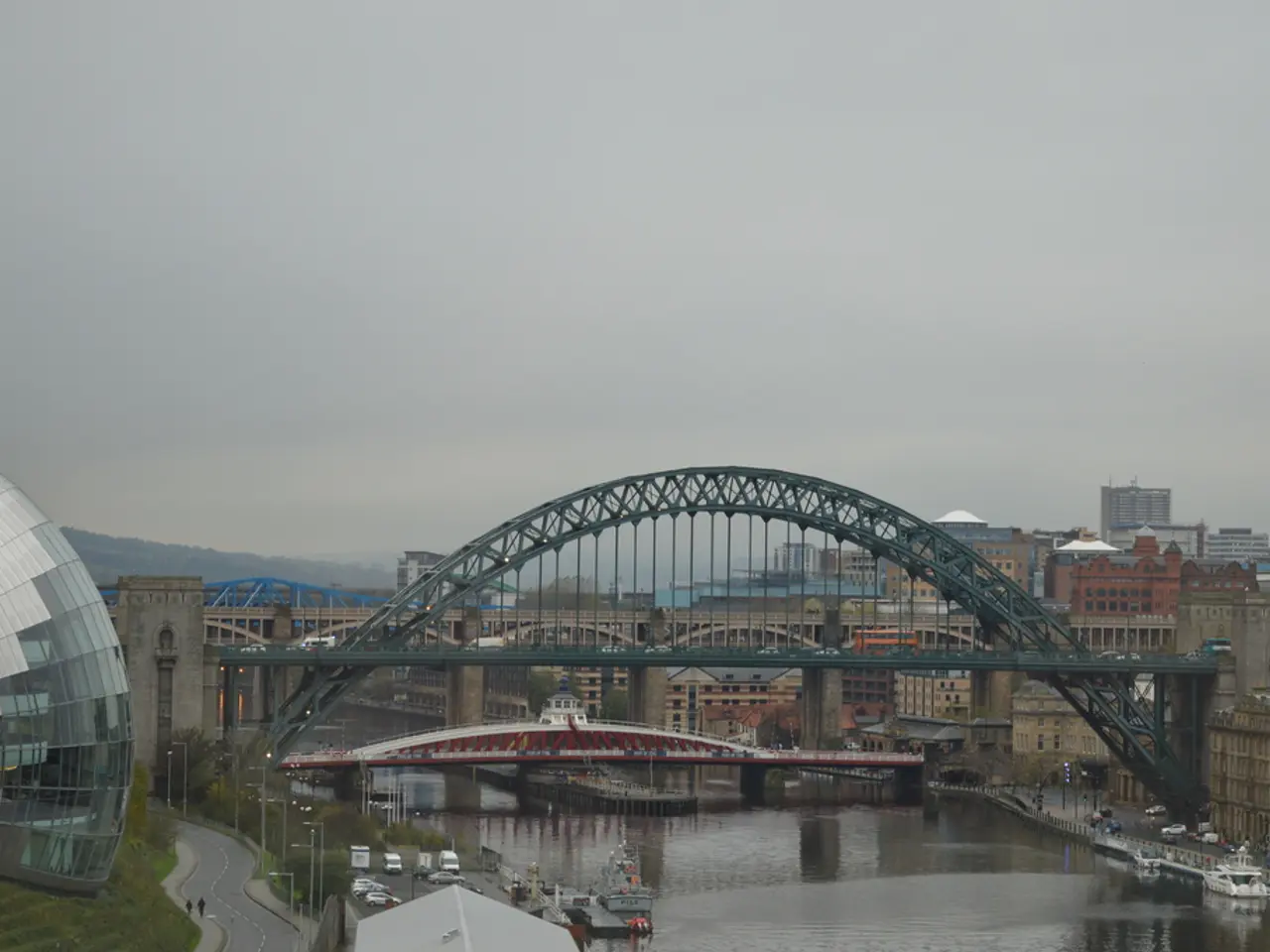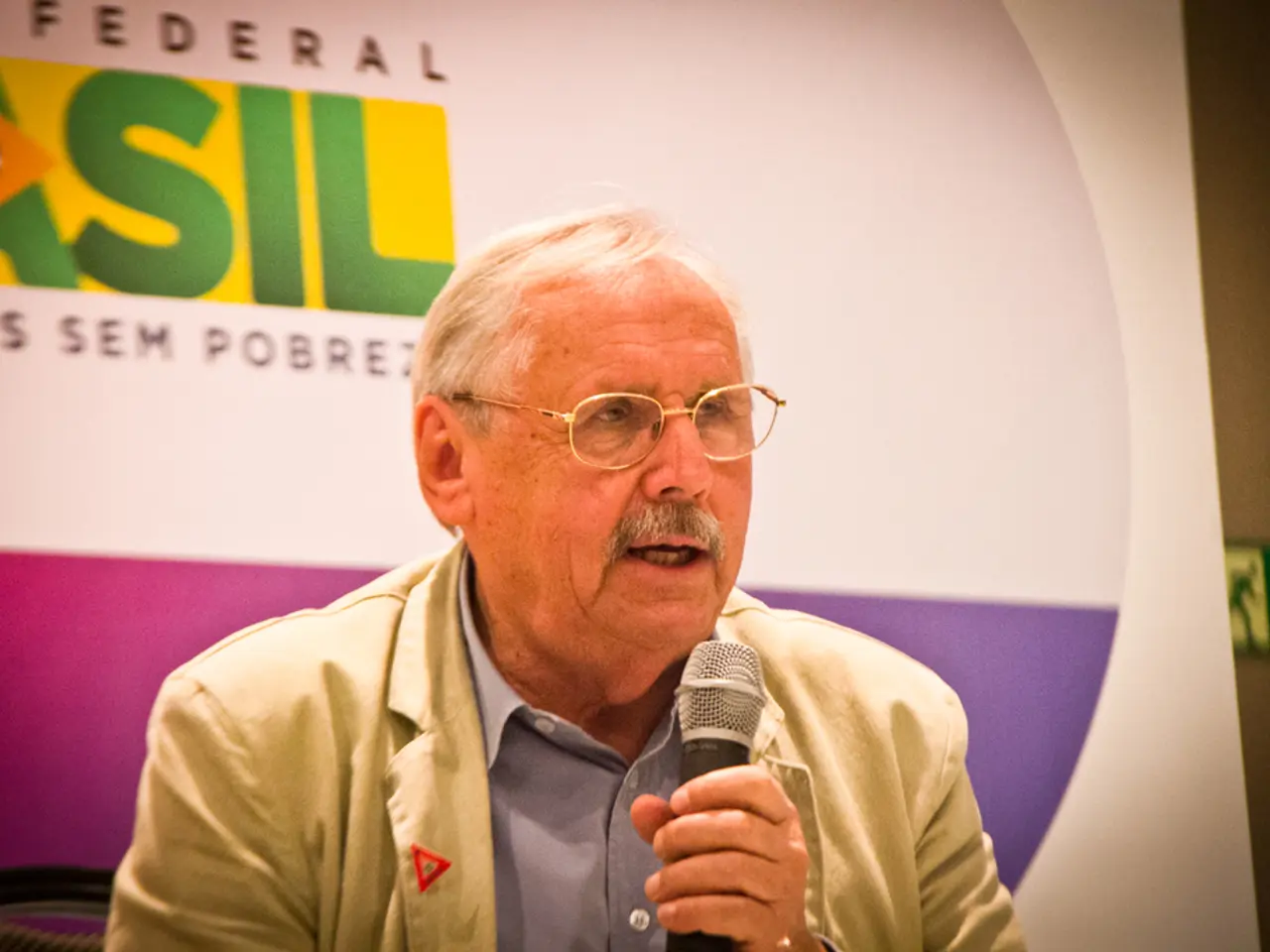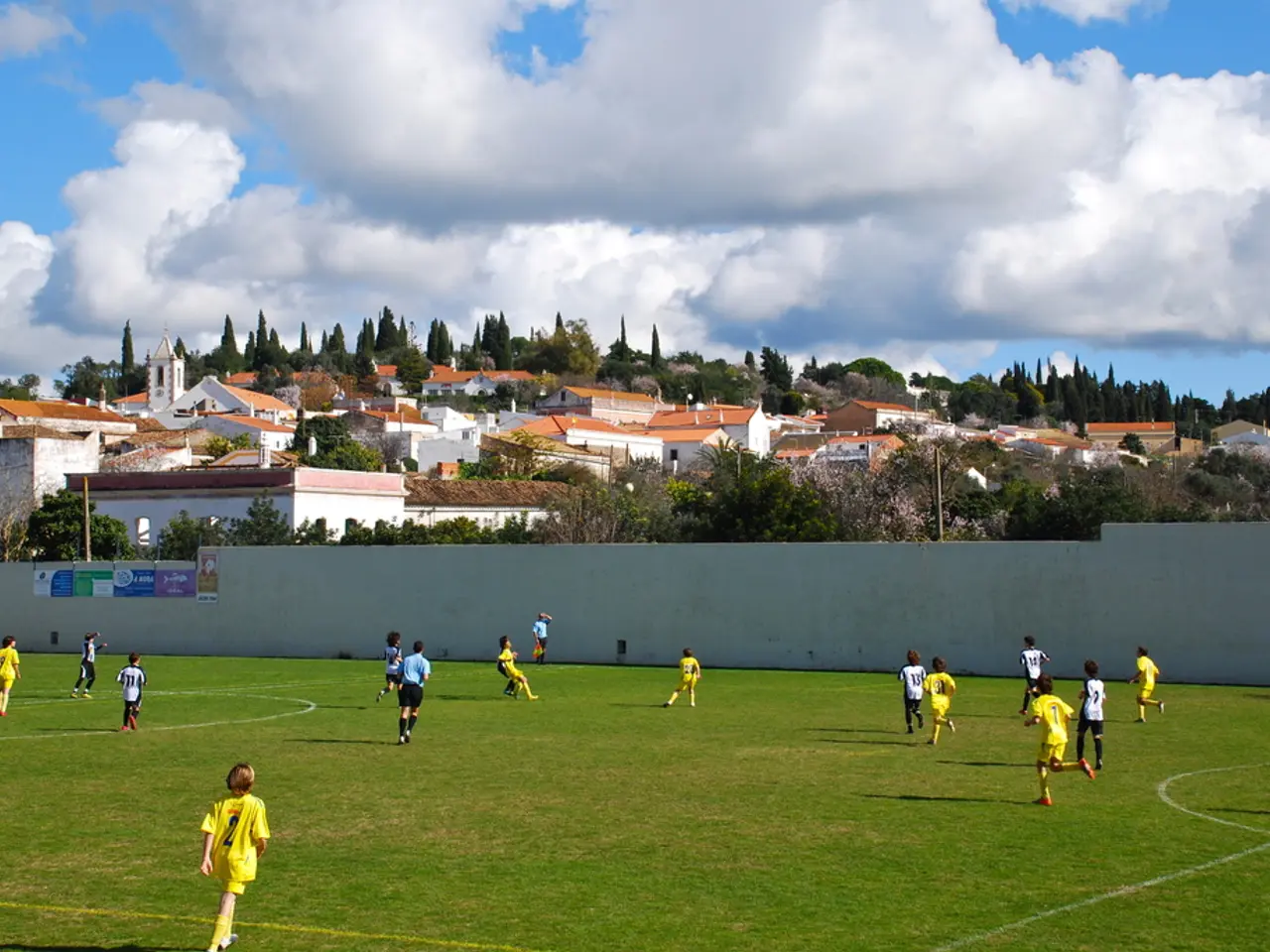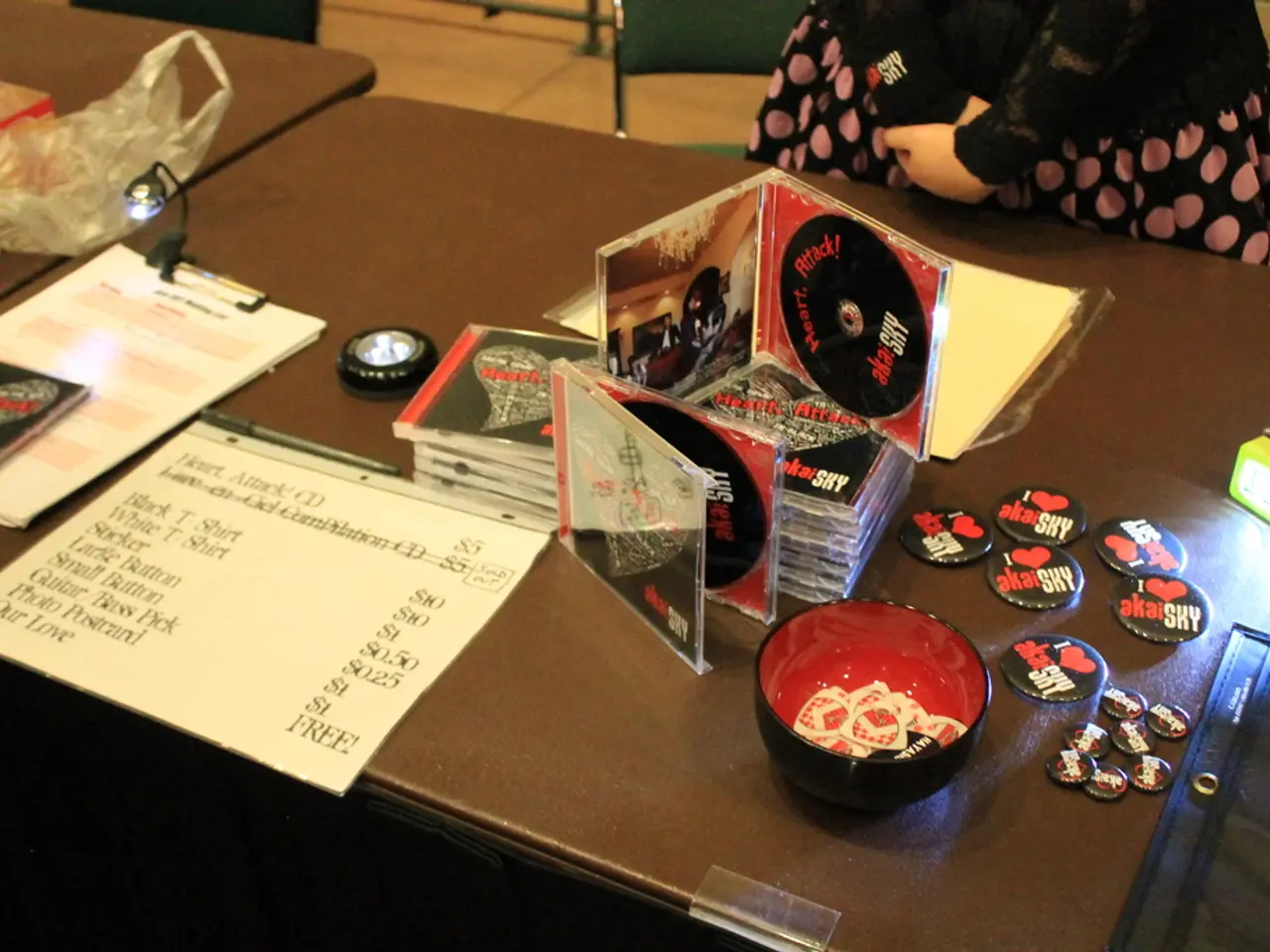Media Professionals Abide by Unspoken Rules Regarding Topics to Avoid Reporting
In the ever-evolving landscape of American journalism, a path forward demands a steadfast commitment to resisting the subtle forces of censorship. These forces, whether legal documents, economic pressures, or professional norms, are quieting free speech, stifling investigative reporting, and shaping the news content that reaches the public.
One of the most significant challenges comes from non-disclosure agreements (NDAs) and self-censorship. These mechanisms restrict information flow and influence which stories are published, creating a web of secrecy in newsrooms and corporate offices.
NDAs legally bind sources and insiders to confidentiality, preventing journalists from reporting on significant issues, especially in corporate or political contexts. This barrier to transparency and investigative reporting is evident in the increasing legal battles around confidentiality in tech journalism, such as Apple's lawsuit against Jon Prosser, which highlights the tension between legal constraints and journalistic transparency.
Self-censorship arises when journalists or media outlets avoid certain topics, critical reporting, or politically sensitive issues due to fear of legal repercussions, loss of access, publisher constraints, or corporate interests. This chilling effect on journalistic inquiry and public discourse limits the diversity and depth of stories told.
The consequences of these practices are far-reaching. A reduction in free and independent media is observed, as legal pressures and business interests encourage caution over bold investigative pieces, narrowing the range of information available to citizens. Declining government transparency is also evident, with specific cases like California’s shift from a once transparent Capitol to one where lawmakers operate with less media scrutiny amid shrinking press corps.
Challenges to journalists’ ability to protect their sources are another concern. Without adequate protections, the vital watchdog role of the press is undermined. The evolving legal landscape around confidentiality influences tech journalism and media ethics, potentially redefining transparency standards but also causing ongoing legal and ethical conflicts that may inhibit reporting.
The pursuit of neutrality in American journalism can lead to a form of self-censorship, as reporters are expected to maintain a facade of impartiality even when covering issues that impact their communities or personal lives. Reporters are also subjected to the unspoken rule of false equivalency, which can result in equal coverage of controversial or unfounded claims, regardless of their merit.
The unspoken code of conduct in American newsrooms shapes reporting in ways that are often imperceptible to the public but profoundly influence the news we consume. Journalists are expected to act as neutral conduits of information, presenting facts without commentary, even on personal social media accounts.
However, hope is not lost. Some states are pushing back against non-compete agreements, recognizing their chilling effect on free speech and fair competition. Civil rights organizations are stepping up to defend journalists' right to speak, and the call for transparency and accountability in journalism is growing louder.
In the Israel-Gaza war, journalists find themselves in an impossible position, trying to prove objectivity while experiencing personal hardships. Palestinian journalists, in particular, are under immense pressure to self-censor, creating a paradox in the pursuit of truth.
For American journalism to truly serve its democratic function, the silent agreement behind the wall of silence must be broken. The path forward requires a recommitment to the fundamental principles of journalism: speaking truth to power, giving voice to the voiceless, and fearlessly pursuing stories that matter. It's a battle for freedom, a fight for truth, and a call for the American public to demand more from their news sources.
In the context of American journalism, non-disclosure agreements (NDAs) and self-censorship are significant challenges that restrict information flow and shape news content, particularly in corporate and political contexts, by preventing journalists from reporting on critical issues and causing a reduction in free and independent media. Additionally, these practices limit the diversity and depth of stories told, as journalists or media outlets avoid certain topics due to fear of legal repercussions, loss of access, publisher constraints, or corporate interests, thereby creating a chilling effect on journalistic inquiry and public discourse.
